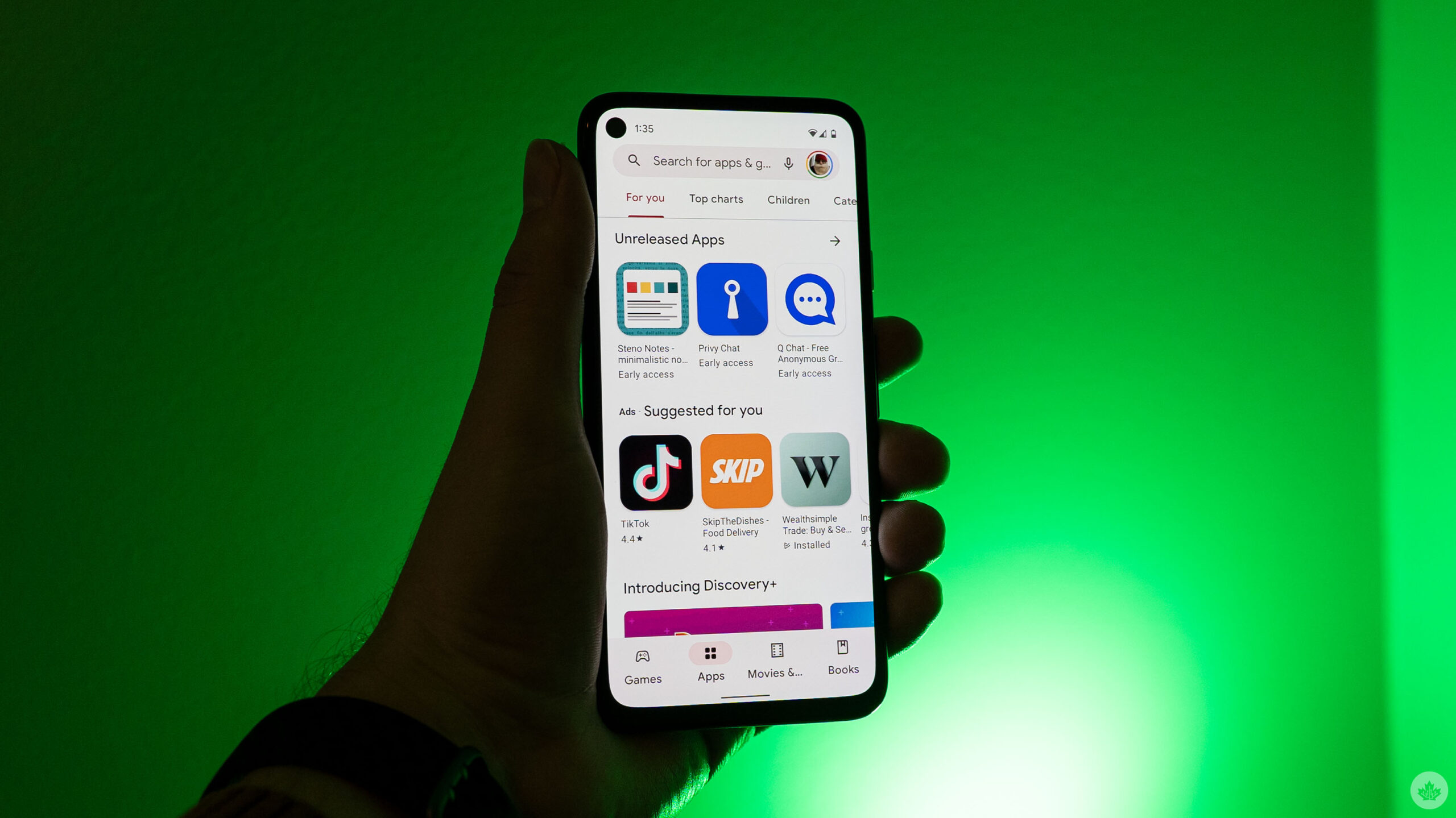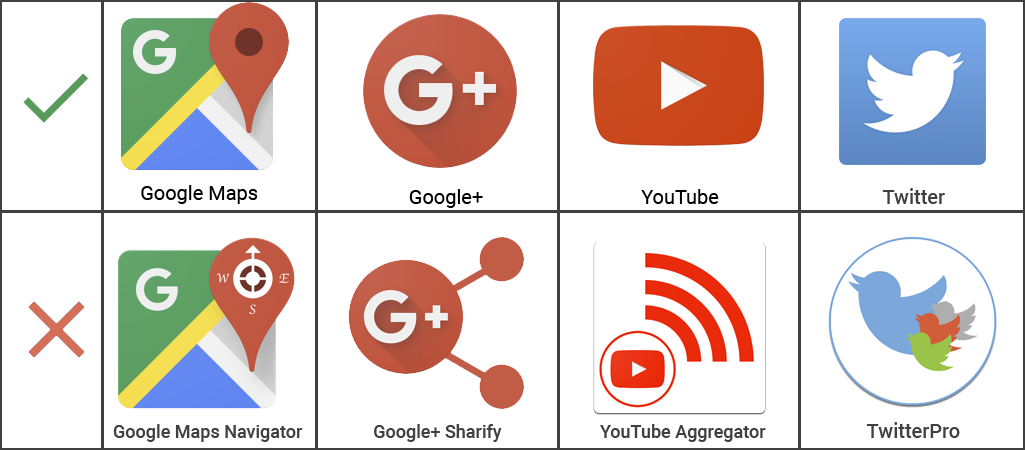
Google has outlined several policy changes heading to the Play Store later this year, impacting everything from fullscreen ads to subscriptions and more.
While many changes will only impact app developers, some will also change things up for consumers. You can check out all the new changes on the Play Console Help page, but we’ll run through them quickly below.
Fullscreen ads
First and foremost, Google will implement new restrictions on when apps can display fullscreen ads starting September 30th. Unfortunately, the change doesn’t remove these types of ads altogether, but the policy does say “unexpected” fullscreen ads are no longer allowed.
What that really means is fullscreen ads that would interrupt regular use of the app are no longer allowed — for example, ads popping up when an app first loads, while you’re playing a game, or scrolling through content. However, fullscreen ads are still allowed in other circumstances, such as when users opt-in (for example, when a game offers users a reward for watching an ad).
Google will also permit fullscreen ads at appropriate times, like after a round or level in a game, or before a video. That said, fullscreen ads must be skippable within 15-seconds (again, excluding opt-in ads where users choose to view them).
Arguably, these changes should apply to those pesky YouTube ads that appear in the middle of a video, but these changes don’t apply to that.
Health misinformation
Next up, Google adjusted Play policies around apps featuring health misinformation. Android Police notes that these have always been a problem for the Play Store, but the pandemic exacerbated it. Google now says that apps containing “misleading health claims that contradict existing medical consensus, or cause harm to users” are no longer allowed on the Play Store.
The new rule will go into effect on August 31st, although Google has more or less enforced a version of this for the last few years.
Subscriptions, impersonation, and more
The rest of the changes are much smaller in comparison, and likely users will feel the impact less. First is a change to the subscription policy that requires apps to include an accessible method for cancelling or managing subscriptions. Google doesn’t seem to care how the option is made available — it can use an in-app page, website, Google Play billing, etc. — as long as there’s a way for users to manage their subscription.

Example of impersonation apps. Image credit: Google
Another new policy will attempt to curb impersonation apps starting August 31st. This will target apps that try to impersonate other well-known apps, such as by copying app icons or names.
Google’s new policies also crack down on ‘stalkerware,’ a scary name for monitoring apps, such as those offered to parents to manage kids’ digital experiences (for example, content blockers). The policy change now requires these apps to offer clear disclosures about data privacy on the Play Store, as well as include the ‘IsMonitoringTool’ flag in the metadata file so that systems recognize when users install these apps. Developers have until November 1st to implement these changes.
Finally, Google will introduce new policies around apps with special permissions, like accessibilities tools, to improve security and privacy without hampering functionality.
You can review all the new changes here.
Source: Google Via: Android Police
MobileSyrup may earn a commission from purchases made via our links, which helps fund the journalism we provide free on our website. These links do not influence our editorial content. Support us here.


